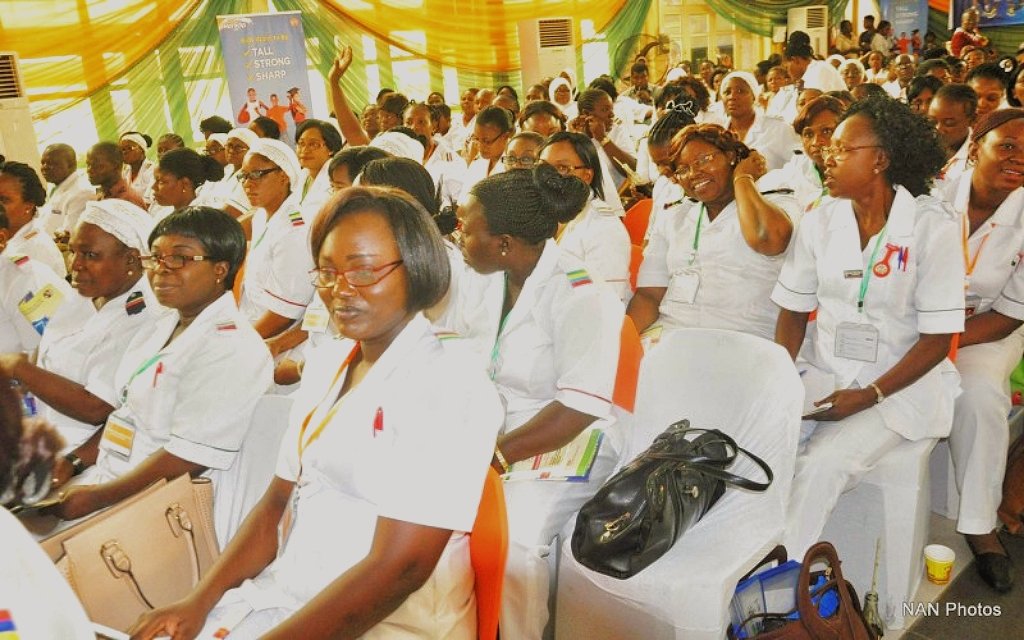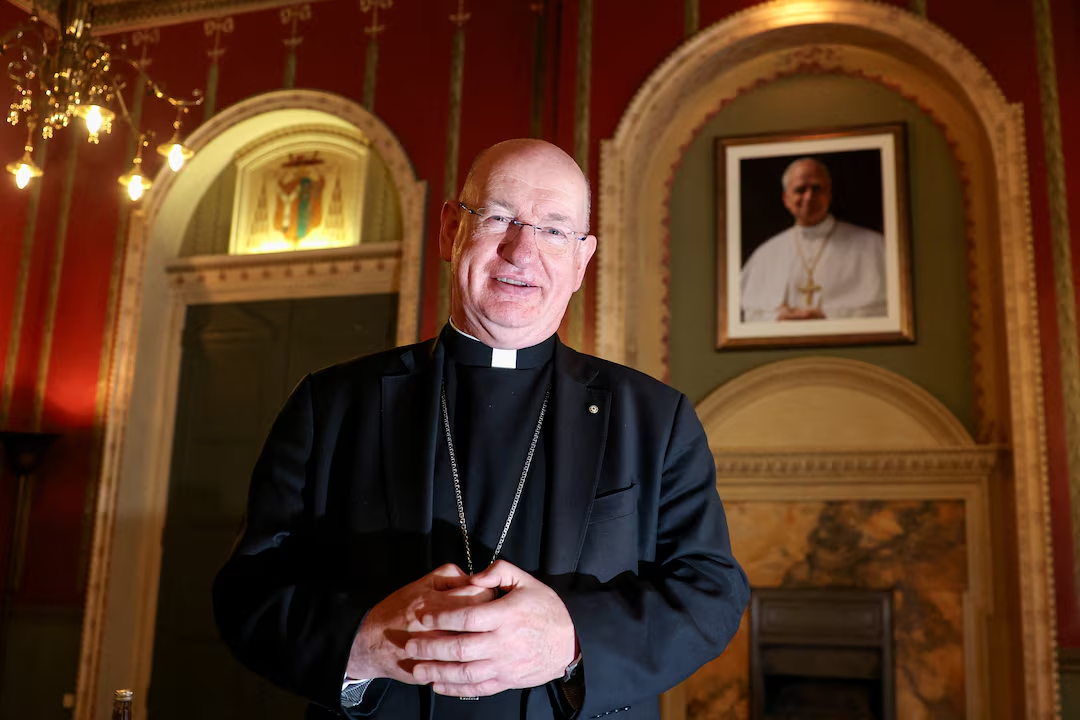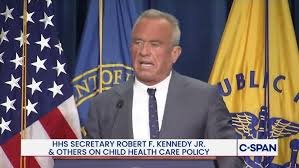On July 30, 2025, nurses across Nigeria, led by the National Association of Nigeria Nurses and Midwives (NANNM), launched a seven-day warning strike, stopping work in all 74 federal hospitals, teaching hospitals, and primary healthcare centers. The nurses acted after the Federal Ministry of Health ignored their 15-day ultimatum, sent on July 14, 2025, which demanded better salaries, improved work environments, and additional staff. Frustrated by the government’s silence, the nurses chose to strike to spotlight their urgent concerns.
Nurses’ Key Demands
The nurses outlined clear demands to improve their welfare and workplace. They seek a raise in shift and uniform allowances, currently stuck at 6.8% of their basic salary instead of the 30% set in a 2009 circular, and N20,000 yearly for uniforms, unchanged for over 20 years despite frequent replacements. They also demand a unique salary structure for nurses, mass hiring to ease severe staff shortages, and a Department of Nursing in the Federal Ministry of Health. Additionally, they want the Nursing and Midwifery Council Board, inactive for over four years, reconstituted and fair representation on hospital boards.
Why Nurses Feel Neglected
Nigerian nurses have endured tough conditions for decades, often lacking basic tools like gloves and earning low wages. NANNM’s National Chairman, Morakinyo Rilwan, stated that the government’s failure to act after the ultimatum sparked the strike. Nurses, who make up 60-70% of the healthcare workforce, often handle up to 32 patients each, leading to exhaustion. The Federal Ministry of Health and the National Salaries, Income and Wages Commission offered no response, leaving nurses feeling undervalued and pushing them to halt all services, including emergency care.
Impact on Hospitals and Patients
The strike disrupts healthcare services nationwide, hitting critical areas like intensive care units, neonatal wards, and emergency rooms. Dr. Silver warned that patients in critical care face serious risks without nurses. Only two Lagos hospitals, no longer part of NANNM, continue normal operations. The public must turn to costly private hospitals for care. The situation worsens as 300 doctors left Jigawa State between February and July 2025, further straining healthcare resources.
Public Outcry and What Lies Ahead
On X, users like @the_beardedsina slam the government for spending on footballers while ignoring nurses’ needs for better pay and equipment. If the government does not act by August 5, 2025, NANNM threatens an indefinite strike, which could paralyze healthcare entirely. With doctors also leaving their jobs, the healthcare crisis deepens. Nigerians urge the government to address nurses’ demands quickly to restore services and ensure quality care for all patients





















